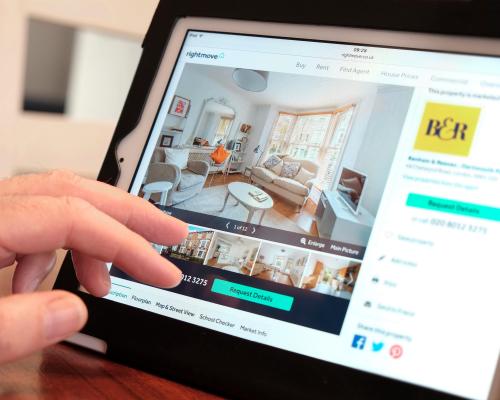
You have finally succumbed and decided to let a canine companion into your life – but your search for the perfect pet could put you in the hands of fraudsters.
Adverts for puppies pop up all the time on pet selling sites, online marketplaces and social media. They are not all fake, but in among the real Rovers are some faux furry friends.
The main scam involves advertising a pet that doesn’t exist. You pay the deposit – maybe after a conversation with the “seller” or even a video call – and then nothing. You may have been given details of a collection point, but if you turn up, you will be disappointed.
Kate Margolis, from the Cotswolds, England, was scammed when she was looking for a golden retriever puppy.
“I didn’t know much at the time, so I simply Googled ‘golden retriever breeder’ and found what looked like a really polished website, full of glowing testimonials, professional-looking photos, and even what seemed like credentials and assurances around licensing,” she says.
“I filled out a form on the site, and the breeder called me almost immediately. They sounded knowledgable and walked me through the whole process using all the right terminology, which I didn’t understand at the time, but it helped build trust. They told me the litter was due at Christmas and the puppies would be ready to collect in February, but I’d need to put down a deposit to reserve one.”
She paid £500 by bank transfer, then the seller went quiet. “When I eventually chased them, they told me the puppy I had reserved had ‘eaten plastic and died’. After that, they vanished. I was left with no puppy, no answers and no refund,” she says.
“Since then, I discovered my story’s not unusual … scammers create fake listings with stolen puppy photos, make up heart-tugging backstories, and use every trick in the book to get you to send money fast.”
Margolis has since set up an app called Petproov, which UK sellers and buyers can use to verify ID and paperwork.
What the scam looks like
The advert appears genuine – there’s a description of the animal and a photo. The seller may say that there is only one of a litter of pups left, to make you feel like you need to act urgently.
You may be supplied with all of the answers to your questions, and may even get to “meet” the animal online in a video call. When the time to pay comes, you will be asked to do so with a bank transfer.
What to do
Use reputable adoption/rehoming charities and breeders – in the UK the Kennel Club has ended its Approved Breeder programme, so you will need to do your own research.
Ask lots of questions. In the UK, the Kennel Club has lots of information about what to ask and what paperwork you should be able to see. So does the RSPCA – it says a good breeder should be happy to complete a Puppy Contract giving full details of the animal you are buying.
Check if the photo has been used before. Scammers often steal pictures from other websites to use in their adverts, and a reverse image search on Google will reveal if your prospective pooch’s portrait has been used elsewhere.
Arrange to visit the puppy in person and with its mother before you commit to anything. Do not be panicked into paying in order to secure a visit.
“Phrases like ‘Can you pay now to hold the puppy?’ are a common red flag,” says Margolis. “Trust your instincts. If something feels off, it probably is.”
Ask for ID and check it, says Margolis. “A legit breeder should be happy to show ID, vet records, and proof that the pup has been microchipped,” she says.






